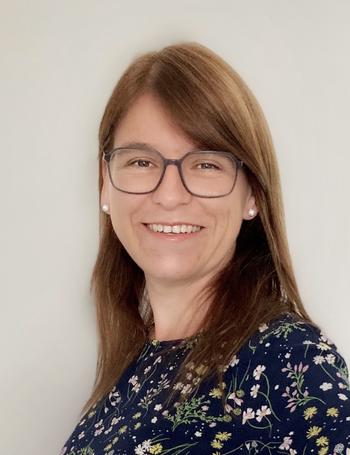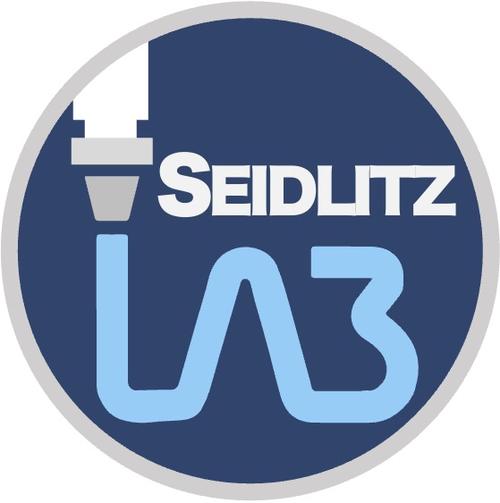Prof. Dr. Anne Seidlitz

Institut für Pharmazie
Pharmazeutische Technologie
AK Prof. Seidlitz
Leitung
Raum 323/324
12169 Berlin
Anne Seidlitz studierte Pharmazie in Greifswald und wurde im Jahr 2003 als Apothekerin approbiert. Von 2003 bis 2005 war sie als Wissenschaftlerin und später Gruppenleiterin in der Galenischen Entwicklung der Arzneimittel Werke Altona AG in Hamburg tätig. Im Anschluss an diese Tätigkeit kehrte sie an die Universität Greifswald zurück und wurde im Jahr 2009 in Pharmazeutischer Technologie promoviert und habilitierte sich im Jahr 2015. Darüber hinaus war sie als Qualified Person nach AMG in der Krankenhausapotheke der Universitätsmedizin Greifswald tätig. Nach Vertretungsprofessuren an der Universität Hamburg und der Friedrich-Schiller-Universität Jena wurde sie 2021 als Professorin für Pharmazeutische Technologie und Biopharmazie an die Heinrich-Heine-Universität Düsseldorf berufen. Anne Seidlitz hat zum 01.10.2024 den Ruf der Freien Universität Berlin auf die Professur für Pharmazeutische Technologie angenommen. Ihre Forschungsschwerpunkte sind im Bereich der Formulierungsentwicklung mit Fokus auf feste Arzneiformen und der biorelevanten Untersuchung der Wirkstofffreisetzung. Anne Seidlitz ist Fachapothekerin für Pharmazeutische Analytik und Technologie und in der Weiterbildung als Ermächtige Apothekerin tätig. Sie engagiert sich in verschiedenen Fachorganisationen, wie z. B. der Arbeitsgemeinschaft für Pharmazeutische Verfahrenstechnik (APV), dem EUFEPS Network On Bioavailability And Biopharmaceutics und dem Wissenschaftlichen Beirat der Bundesapothekerkammer.
Für weitere Informationen zu unserer Forschung besuchen Sie bitte den Bereich Research auf unserer englischen Website.
